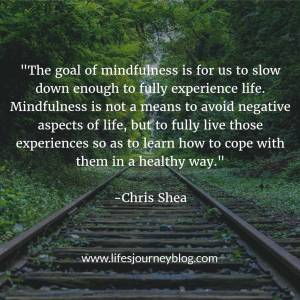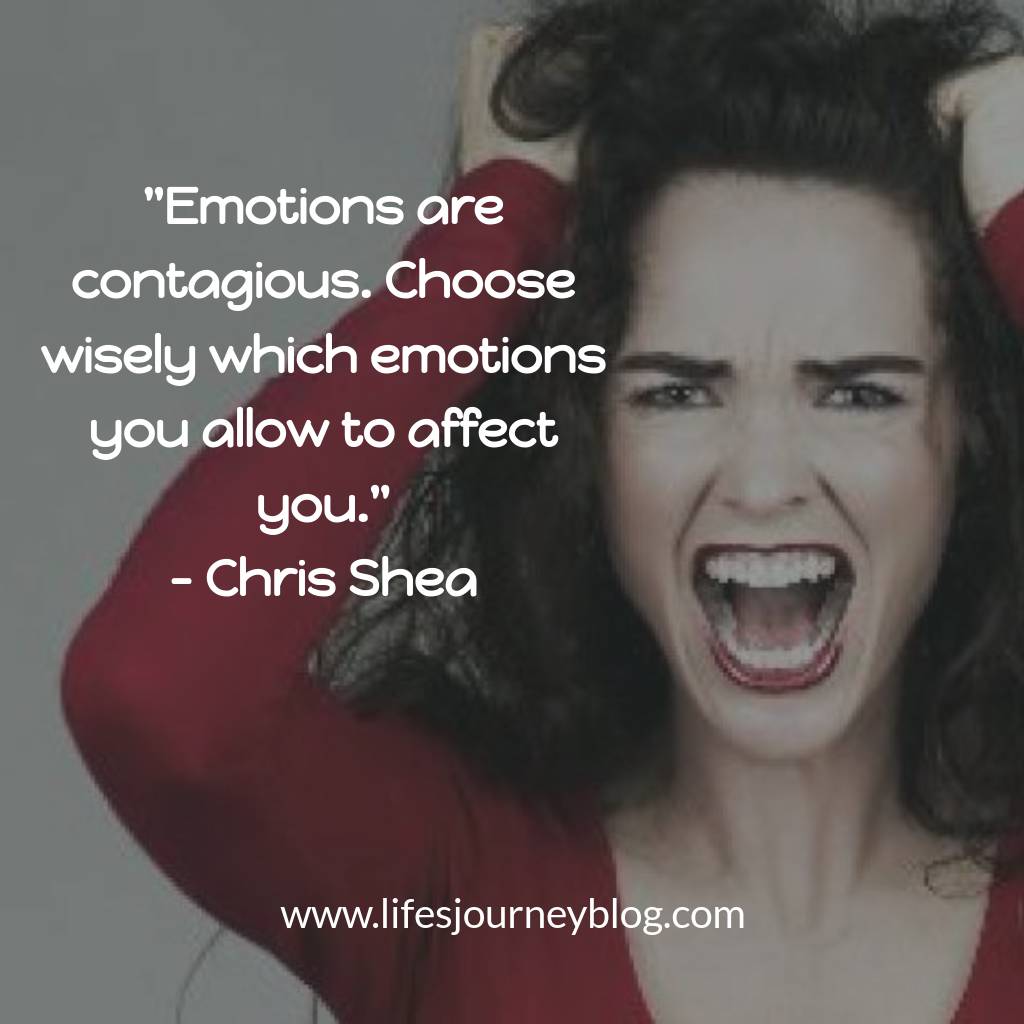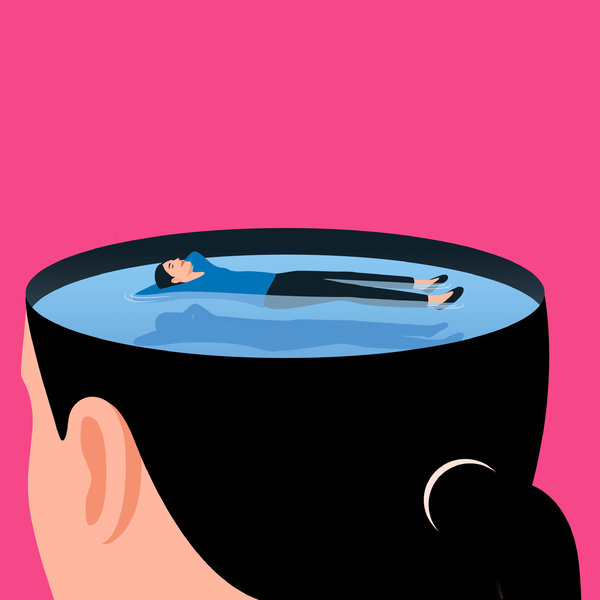Posts Tagged ‘counselor’
5 Tips on How Mindfulness Will Change Your Life
“Hey, did you see that?”
“No, I missed it. What was it?”
Does this conversation sound familiar? It sure does to me. My days were so busy and hectic that I had no time to care to notice something other than the task hand. At the end of each day I wondered where the day went! I had always lived that way, until recently.
A few years ago I changed jobs to one which allowed me to have the summer off. After 20 years of working year round, having a few months off was strange, and even unsettling. After a week without I had no idea what to do with myself. I was ”forced” to slow down. It wasn’t comfortable at first, but over time I started to discover that I was physically, mentally, and spiritually slowing down. As I was slowing down I found myself feeling more peaceful. As the summer progressed I no longer was anxious, I didn’t rush, and I began to notice the world around me.
I wasn’t yet consciously aware of this, but I was beginning to live mindfully. As I slowed myself I focused my thoughts and attention to the present moment. No longer was I dwelling on my past nor anxious about the future. Wow! What a change for me as previously I was the king of anxiety and worry!
Mindfulness is commonly defined as: “a means of paying attention in a particular way; on purpose, in the present moment, and nonjudgmentally.” (Jon Kabat-Zinn) Personally, the two key phrases in this definition which I feel are important are “on purpose” and “nonjudgmentally”. To find our inner-peace we need to consciously make the choice to spend time every day focusing our attention on what is happening around us and within us. Our focus is not meant to judge what is happening, just to notice it, to experience it. As we become aware of our surroundings and inner self, we become aware of life’s joys and potential. In this state of focused awareness, we are enabled to see solutions; to see hope.
The goal of mindfulness is for us to slow down enough to fully experience life. Mindfulness is not a means to avoid negative aspects of life, but to fully live those experiences to learn how to cope with them in a healthy way. Many of us try to avoid negativity, yet discover that we may be successful at avoidance for a time, yet once again we are hit with that which we were avoiding. Mindfulness asks us to be aware of all of our emotions, to feel everything, even the negativity. In so doing, we end up coping with what we at first wanted to avoid. Coping teaches us skills for dealing with future negativity in our lives.
Living mindfully is a daily practice of noticing the little things. For example, one can eat mindfully by doing so intentionally, savoring each bite, and not rushing through a meal without truly tasting the food. During your commute, or rushing from one task to another, one can mindfully (intentionally) notice the details of the flora, buildings, people, cracks in the sidewalk, etc.
How does mindfulness lead us to feeling peaceful? The short answer: mindfulness guides us to live in the moment, for it is only in the moment where we have “control” in our lives. By control, I mean our ability to change our thoughts and perceptions. If I allow my thoughts to stay in either the past or the future, I will suffer from stress and anxiety since I have no control over those time periods. All that I can do with the past is to learn lessons; in the future, all I can do is prepare, in the moment, for the unknown which has yet to happen. Therefore, keeping my thoughts focused on the present moment allows me to feel life to its fullest, while choosing the thoughts I wish to think.
A bit over 5 years later I now find myself living in a sense of peace. Does this mean that my life is now perfect? Not at all! What it does mean is that through mindfulness I learned a new set of coping skills. This is what I’ve learned since that summer:
- Spend time each day in meditation, whether it be in stillness or walking. Just 10-20 minutes a day will calm and center you.
- Each time my thoughts venture to either the past or the future, I consciously change my thoughts to the present moment.
- Spend time noticing the little things in life. Observe your surroundings, your feelings and your thoughts.
- If you notice that you don’t like how you feel, our you are not feeling at peace, change your perspective and redo numbers 1-3 above.
- Always believe in hope, even if you don’t feel hopeful at the moment. Hope and change is possible even without my belief in it.
Inner-peace is attainable if we take the time to focus our thoughts on the present moment. It takes practice; I’m still working on it. But if you have the desire to incorporate mindfulness into your daily practice, follow this maxim: “Progress, not perfection.” (Eds. Note: This article was originally published at Your Tango. Reprinted with permission from the author.)
{loadmodule mod_custom,continue the conversation here or on social media}
5 tips for knowing when to unfollow someone
The intensely heated political season in the US is leading people to unfollow others from their social media sites. It’s not just strangers they are unfollowing, either. I know of friends of mine who are unfollowing long-term friends, and, in one case, unfollowed a family member due to the political postings and comments they make on social media. Social media allows for a sense of anonymity, or, at least, a physical distance from the person with whom you are communicating, allowing people to feel more open and safe to engage in interactions which eventually lead others to unfollow them.
But what about in “real” life, as opposed to social media? There are people with whom we interact, whether it be at work, school, social circles, or even family members, whom we need to “unfollow” for our own mental well being. In a Forbes article (10 Toxic People You Should Avoid At All Costs) author Travis Bradberry writes: “Recent research from Friedrich Schiller University in Germany shows just how serious toxic people are. They found that exposure to stimuli that cause strong negative emotions—the same kind of exposure you get when dealing with toxic people—caused subjects’ brains to have a massive stress response.” A toxic person is that person in our life who seems to suck the life out of us. Through their behaviors they create or live in constant drama, are needy, don’t respect boundaries, are critical of others, manipulative and judgemental. It’s important to note that I am not saying that the person themself is toxic, but that their behaviors are toxic. This is an important distinction as I am not labelling a person.
In my clinical practice I find that toxic people tend to suffer from at least one personality disorder. A personality disorder is defined as “long-term patterns of thoughts and behaviors that are unhealthy and inflexible. The behaviors cause serious problems with relationships and work.” Personality disorders begin in childhood continuing into adulthood. They are treatable with psychological intervention and behavior change work, as long as the person is willing to do the work needed to change their thoughts and behaviors to those which are healthy.
Albeit unfortunate that a person may suffer from a personality disorder which manifests as toxic behaviors, as the research indicates, we need to either learn how to protect ourselves or to know when to unfollow them in life. Here are my tips for knowing when it’s time to walk away from a toxic person:
- Set limits. Maintain a healthy boundary by limiting your time with a toxic person as well as limiting your energy. You may choose to listen to what they are saying, but you don’t have to engage in their rant. Limit the amount of interaction you have with them, telling them what you are doing and what the limits are. If they can’t or won’t respect you, you need to unfollow them.
- Be aware of your own emotions. Other’s emotions can be contagious, so be aware of your emotions when interacting with toxic people. If they are in a negative rant, check to ensure you too aren’t getting into those negative emotions. If you are, you need to politely leave the situation to refresh yourself. If the toxic person follows you or continues the rant after you’ve asked them to stop, you may need to unfollow them for your own emotional health.
- Be solution-focused. We all have choices, and we can either go through life being problem-focused, only looking at the problem and becoming discouraged, or we can be solution-focused; proactive and focused on action. If a toxic person brings you down, act, either by leaving the situation, or focusing on the positive qualities of the toxic person. We all have positive qualities if we look deep enough. Focus on their positives, and if possible, use their positives skills to your advantage or to the advantage of the job. If this is not possible, you may need to unfollow the toxic person.
- Be aware of your stress level. If you find yourself being stressed prior to encountering a toxic person, have self-understanding to avoid that person at this time. When we are stressed or anxious our defenses are down, therefore our ability to cope in a healthy way with a toxic person is diminished.
- Don’t go it alone. I’m sure there are others who also are affected by the toxic person. Enlist their help, not in a negative way focused against the toxic person, but rather in a positive way to keep a check on yourself. You may be too close to the situation to always realize when you need to get away from the person. Utilize healthy people in your life to help you stay on top of your emotional health.
Coping with toxic people is not easy, but if we understand that they are most likely emotionally suffering, and that their outward toxic behavior is a result of that suffering, then possibly we can learn to approach them with a bit of compassion. Your compassion, though, should not stand in the way of your emotional health. In life, as in social media, sometimes we need to unfollow people.
References:
University of Colorado Denver. (2014, April 22). Impact of Facebook unfriending analyzed by researchers. ScienceDaily. Retrieved July 14, 2016 from www.sciencedaily.com/releases/2014/04/140422130936.htm
Bradberry, T. (2015, November 10). 10 Toxic People You Should Avoid At All Costs. Retrieved July 14, 2016, from http://www.forbes.com/sites/travisbradberry/2015/11/10/10-toxic-people-you-should-avoid-at-all-costs/
Personality Disorders. (n.d.). Retrieved July 14, 2016, from https://www.nlm.nih.gov/medlineplus/personalitydisorders.html
{This article was originally published at Your Tango by this author. Reprinted with permission.}
{loadmodule mod_custom,continue the conversation here or on social media}
Rest Stop (Thursday) … mindfulness meditation works
As many of us spend much of our time rushing around, we don’t seem to have the time for meditation. I often write and speak about the importance of daily meditation, understanding that there are more of us who want to meditate than actually do meditate. Good intentions; I know, I’ve been there.
One of the rationales I hear from busy people is “I would take time to meditate if I knew it would help me, but it’s just a fad, right?” If your definition of a “fad” allows for the practice of meditation lasting thousands of years, than yeah, it’s a fad. I believe that our culture sees meditation as a “fad” because it is “new” to our culture, and the practice of meditating has been relegated to the “new age” genre. As such, some don’t feel the desire to try something that will “eventually go out of style”.
But what if mindfulness meditation were scientifically, and medically, shown to be healing and transformative? A few months ago I shared with you a study from Harvard which demonstrated that meditation generated new grey matter in the brain. Well, we now have the results of a study done at Carnegie Mellon University which “for the first time shows that, unlike a placebo, it [mindfulness meditation] can change the brains of ordinary people and potentially improve their health.” This is what the authors of the study wrote:
Click here for the link to the New York Times article summarizing the study
Click here for the link to the actual research article
Please share with us your thoughts on this topic, and if you practice meditation, do you find positive health results?
… continue the conversation here or on social media …
{loadposition blogsocial}



